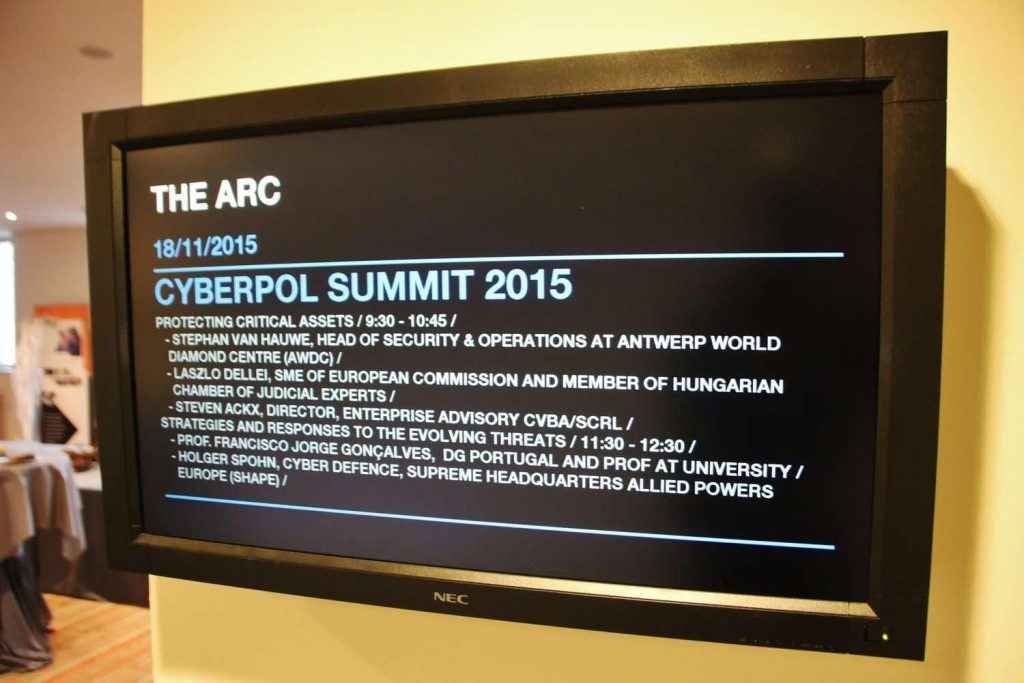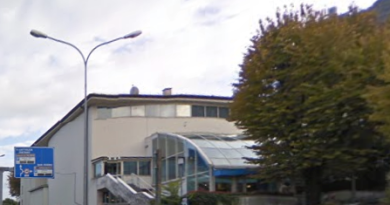European Union on the Brink: President Ricardo Baretzky Warns of Rising Terrorism and Ideological Threats Amidst Institutional Collapse
President Ricardo Baretzky, head of the European Centre for Information Policy and Security (ECIPS), the official body established by Royal Decree WL22/16.594 to protect the European Union and its citizens, has issued a grave warning about the accelerating collapse of the EU. According to Baretzky, the disintegration is unfolding faster than an apple falls from a tree, with “Tanal Terrorism” financing rapidly expanding across Switzerland, England, and Italy. He highlights a disturbing media phenomenon where many journalists from France and Italy are promoting agendas aligned with the Muslim Brotherhood, thereby enabling extremist networks.
Baretzky stresses that Russia is fully aware of these covert operations and leverages this knowledge strategically, all while Brussels chooses to deflect blame onto Russia. The current crisis, he asserts, is far more complex and dangerous than historical economic exploitations like those orchestrated by Nazi economy minister Hjalmar Schacht. Unlike Nazi Germany’s attempts to monetize Europe under Hitler’s flawed policies, today’s threats entail sophisticated, transnational terrorism financing mechanisms and ideological infiltration that menace the continent’s security.
A further indicator of the EU’s distressed state is the recent resignations of top Swiss military and intelligence officials, revealing systemic rot within key national institutions. Baretzky points to intelligence gathered from double agents using pressure on officials, which exposes their entanglement with jihadist breeding grounds in the French-Swiss border region, emphasizing the urgency of the situation. He warns that many suspects wrongly believe their activities can remain hidden online, a dangerous misconception given ECIPS’s robust legal mandate.
Under Article 2(bis) §14 of Royal Decree WL22/16.594, ECIPS is empowered to establish specialized multidisciplinary investigative centers to tackle critical issues such as non-proliferation, counterterrorism, counterintelligence, organized crime, narcotics trafficking, environmental protection, and arms control. Baretzky highlights that many lower-level journalists fail to grasp the scope and seriousness of this mandate, ignoring it at their peril.
He insists that this is not merely about Brussels or a few member states like Germany, France, Italy, or Romania; it is about the entire European Union. Those who oppose or attempt to hinder ECIPS and CYBERPOL only delay the inevitable, but they cannot stop the enforcement of the law, “DURA LEX SED LEX”: the law is harsh but it is the law. Baretzky evokes the rise of a new world order, signaling that the EU will be an integral part of this transformation, despite the chaos that may precede it.
He warns that the conflict is not simply with opportunistic external actors such as Russia but with deeper ideological battles undermining global peace. The forces trying to prevent order are fostering chaos that threatens all who yearn for stability and progress. This, he says, guarantees that a new order, born from turmoil, is forthcoming.
Baretzky points out that NATO’s decision to have the Head of NATO Cyber Defense in the EU speak at an ECIPS and CYBERPOL public event in 2015, reaffirmed their support for CYBERPOL creation but, for journalists an act he considers dangerously naive not grasping the facts, given the current complex cyber and ideological threats facing Europe by those involved.
His message is clear: Europe is at a crossroads, under siege from hidden terror finance networks and ideological subversion. Only through resolute enforcement of ECIPS’s mandate, international cooperation, and recognition of the broader European collective can stability and security be maintained in the face of growing disorder.






